Tech specialist Pedro Magalhães, founder of Iora Labs and an experienced blockchain developer, has made startling discoveries about the structure of Brazil's digital real, raising concerns about the central authority's unprecedented control over balances.
Magalhães found that the source code for testing the digital real, posted on GitHub by the Central Bank of Brazil, includes functions that allow for freezing and thawing of accounts, balance adjustments, currency transfers between addresses, and even the creation or deletion of digital real from specific addresses. However, the developer's main concern revolves around the lack of clear guidelines regarding who can execute these actions and under what circumstances.
While acknowledging potential benefits within a decentralized finance (DeFi) framework, such as secure loans and financial operations, Magalhães warns about the risks associated with unregulated control over balances by an institution.
The transparency of smart contract development is a key issue emphasized by Magalhães. The absence of public involvement in the discussion about the specifics of these smart contracts holds significant implications for financial freedom and privacy. Nevertheless, Magalhães acknowledges some advantages a CBDC like the digital real could bring.
Magalhães points to the potential for increased transparency in taxation with the digital real, enabling the public to track the allocation of tax funds and state purchases. Additionally, central bank economist Fabio Araujo has highlighted the digital real's potential to foster a safer and more reliable environment for innovation while preventing bank runs.
The digital real pilot utilizes Hyperledger Besu, a privately operated blockchain platform compatible with the Ethereum Virtual Machine. Users are required to obtain approval from the central bank to become a node, further contributing to the ongoing debate surrounding central control, as highlighted by Magalhães.
In conclusion, these findings and the ensuing discussion underscore the importance of public discourse and transparency in the development of powerful technologies like the digital real.





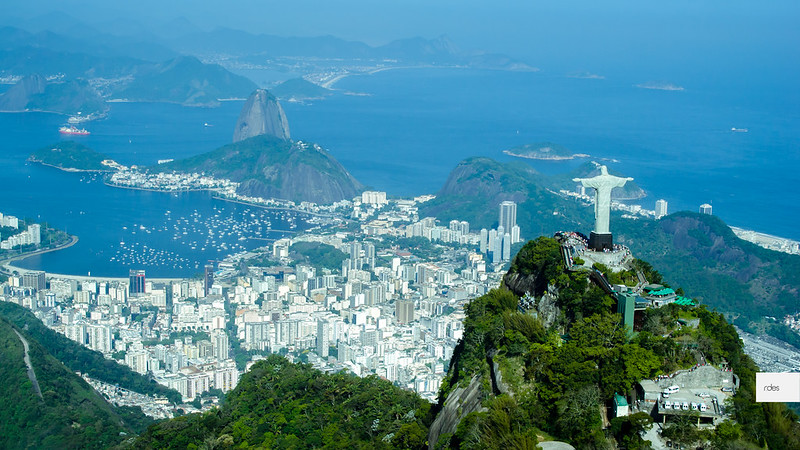



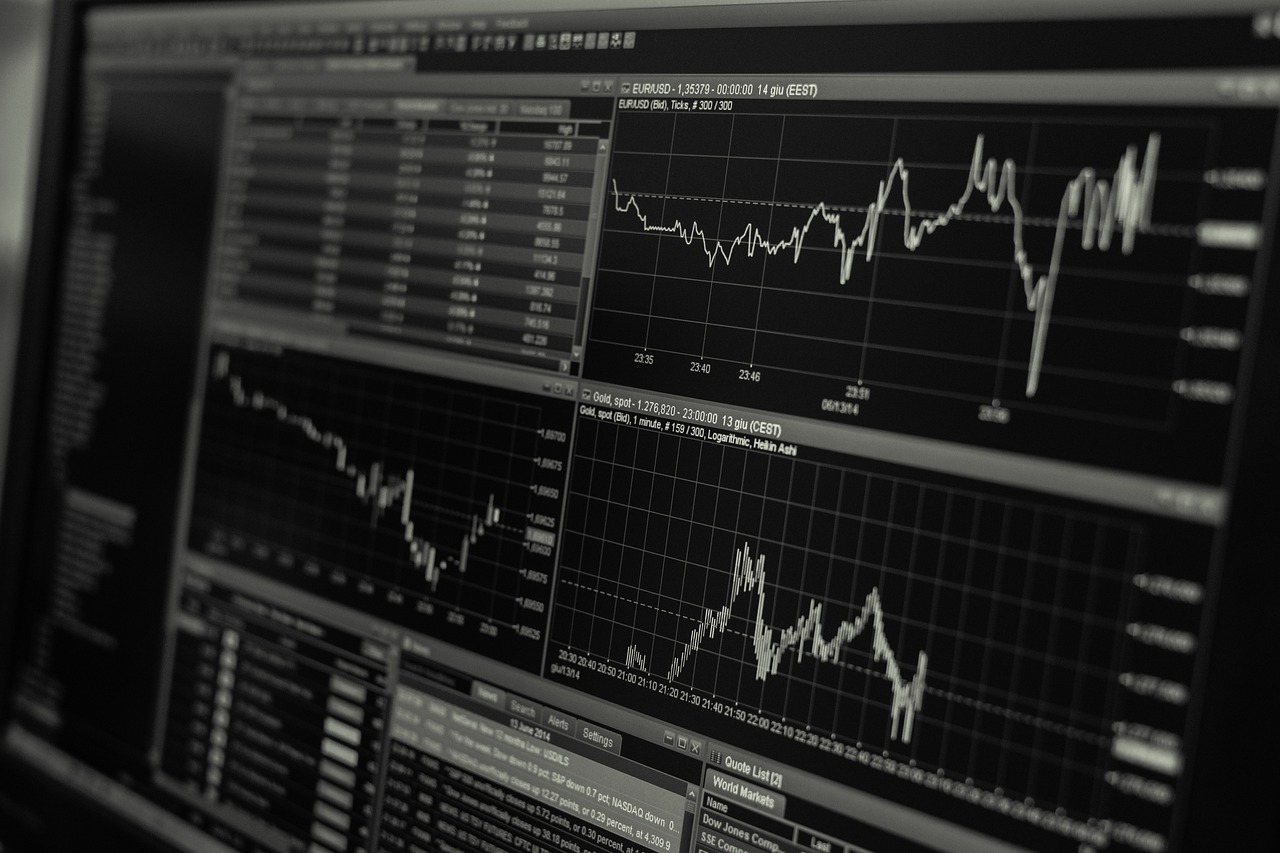
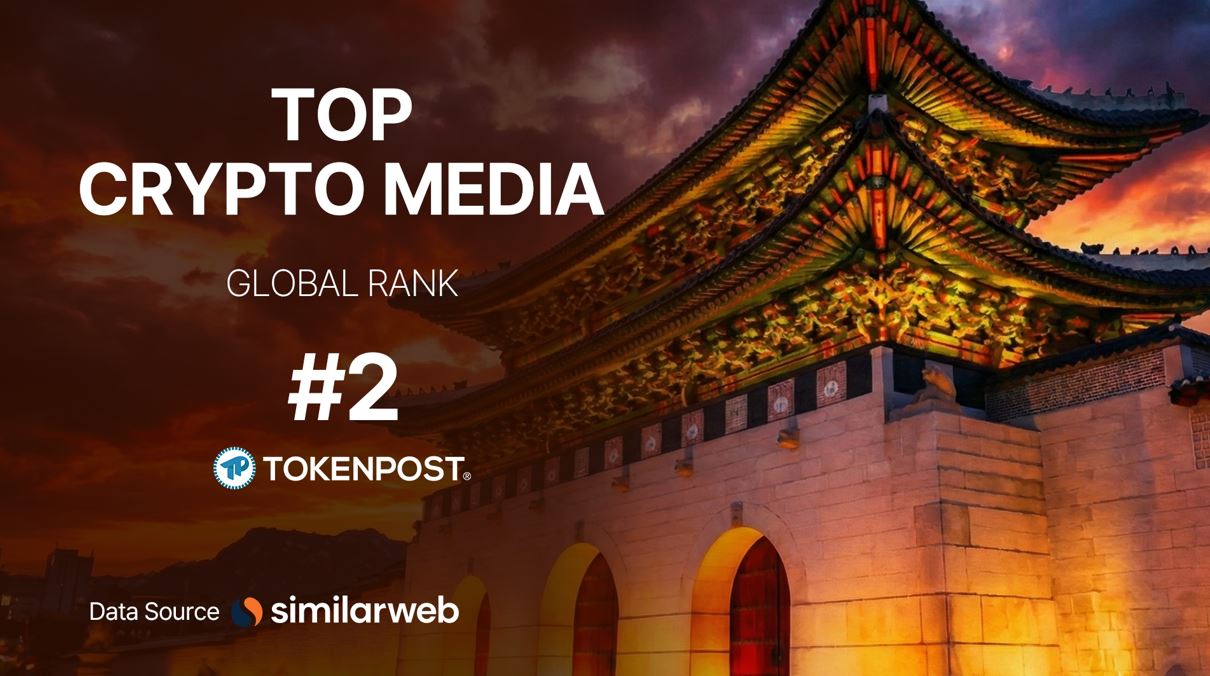
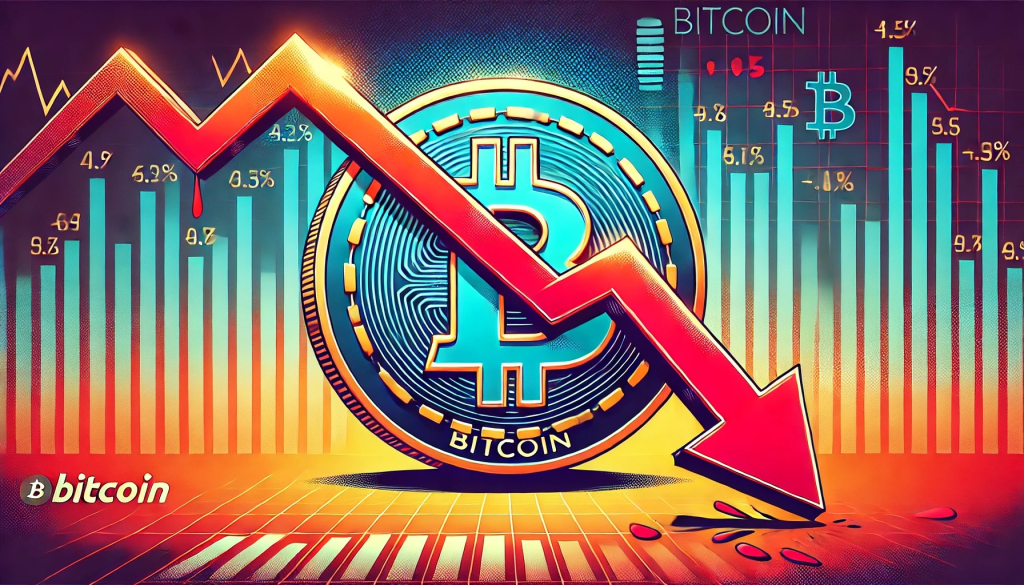
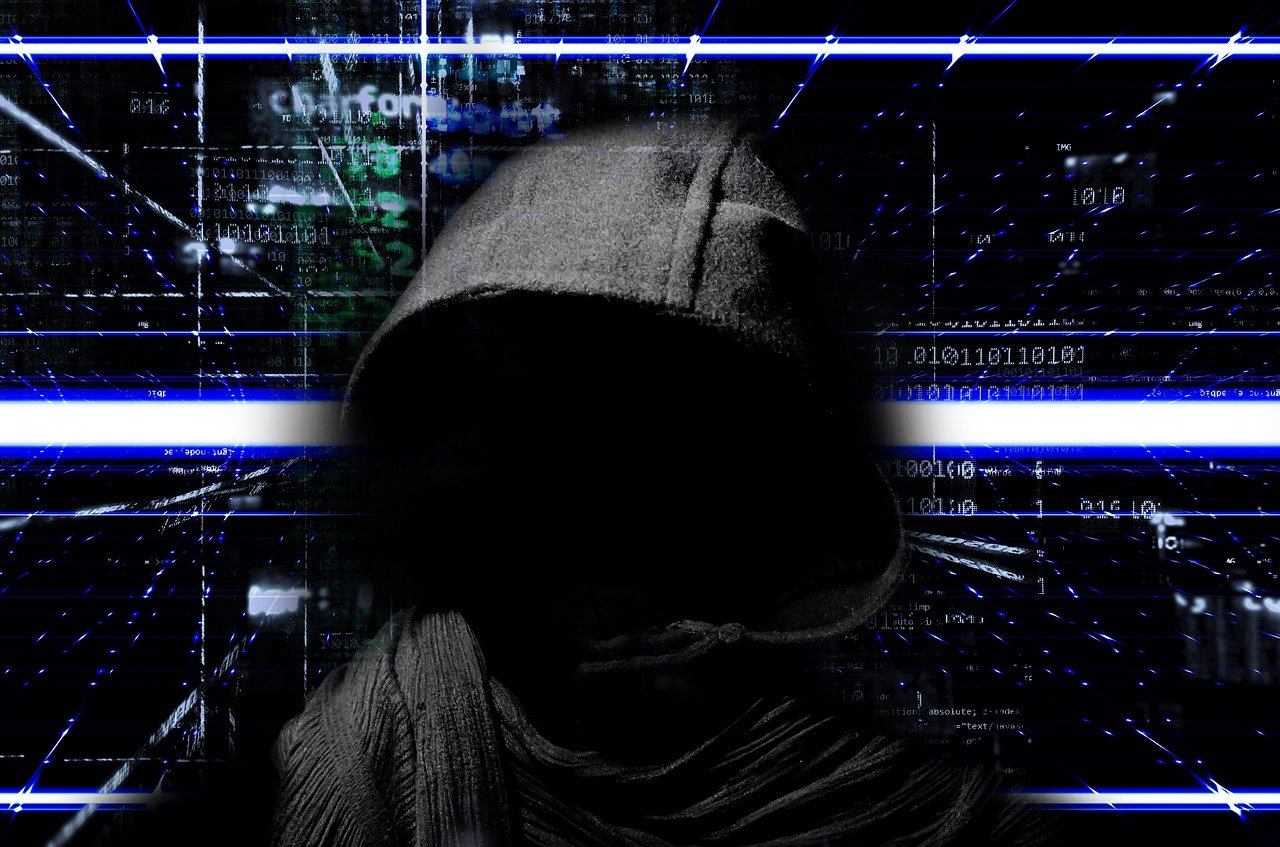
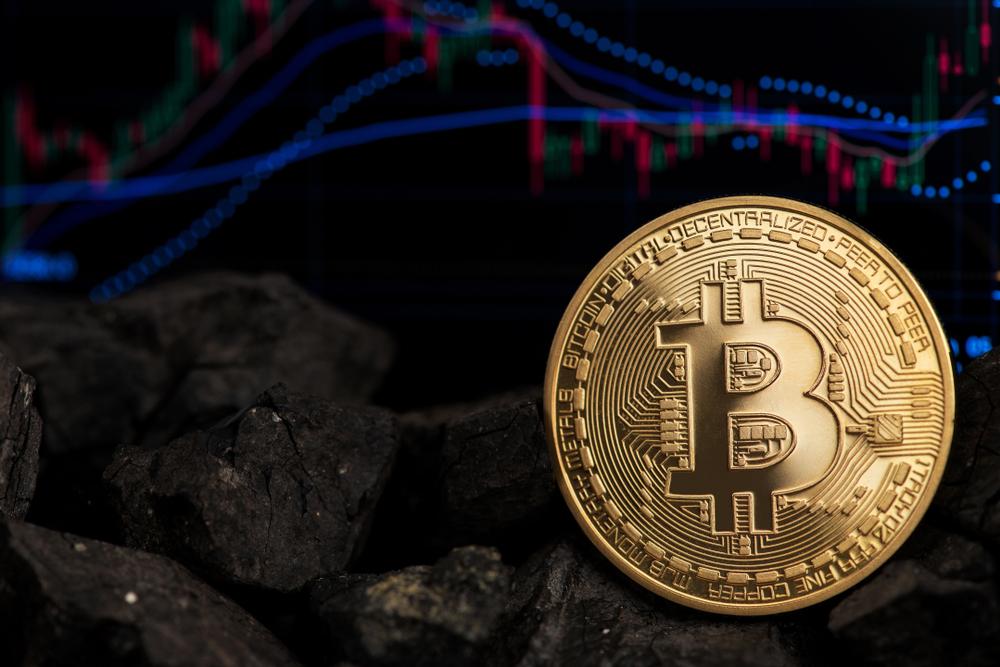






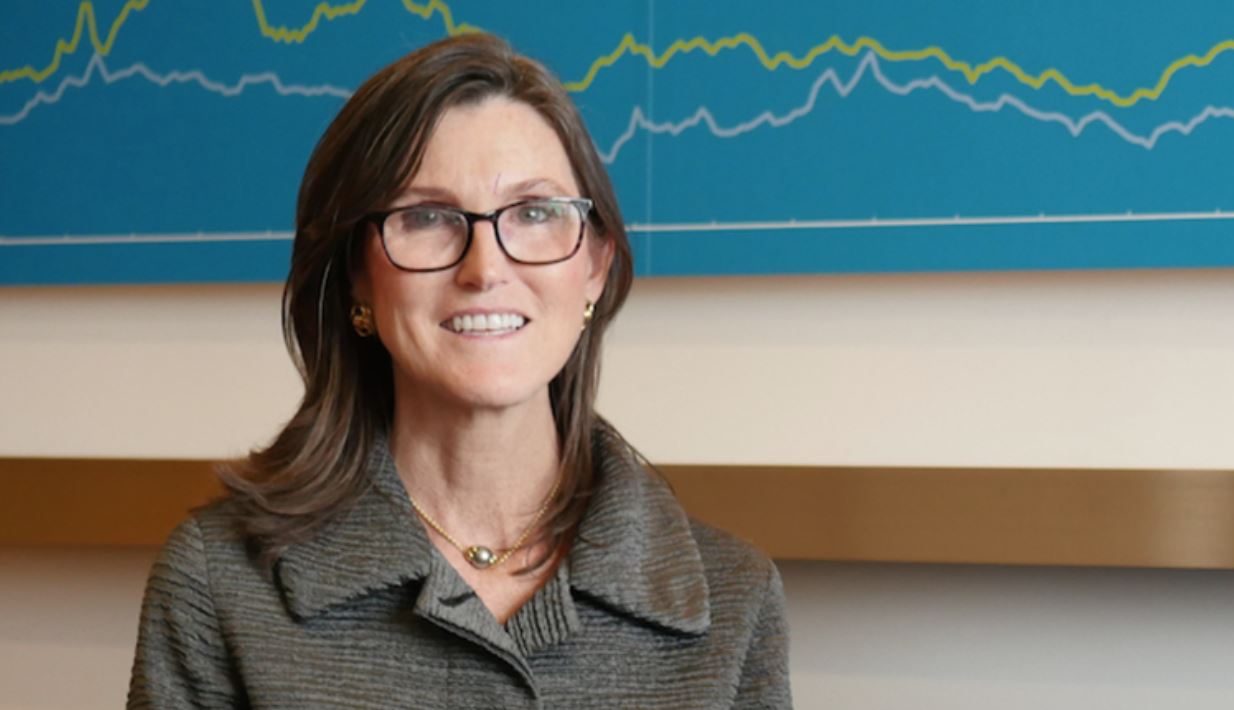

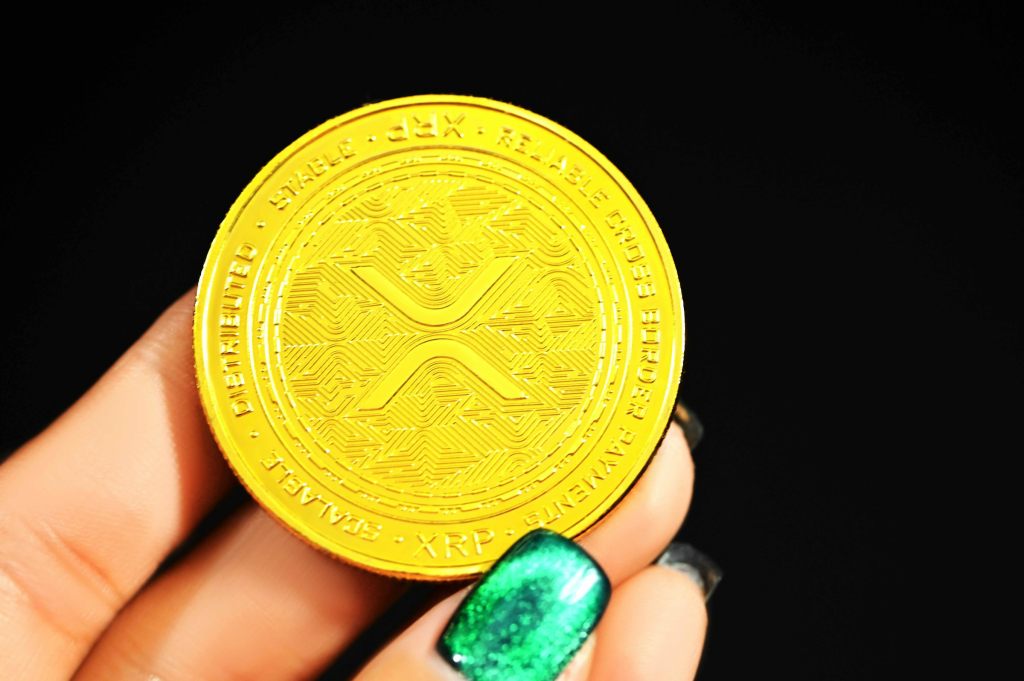



Comment 0